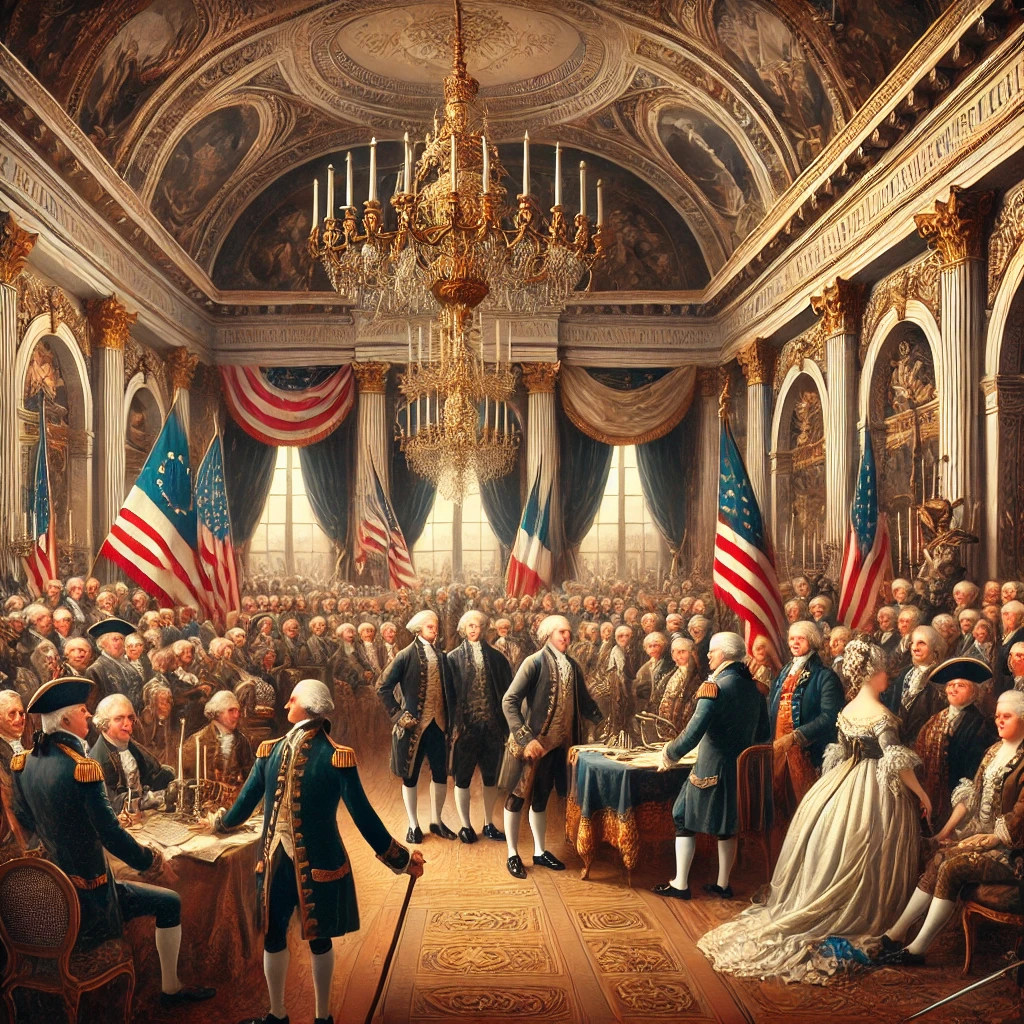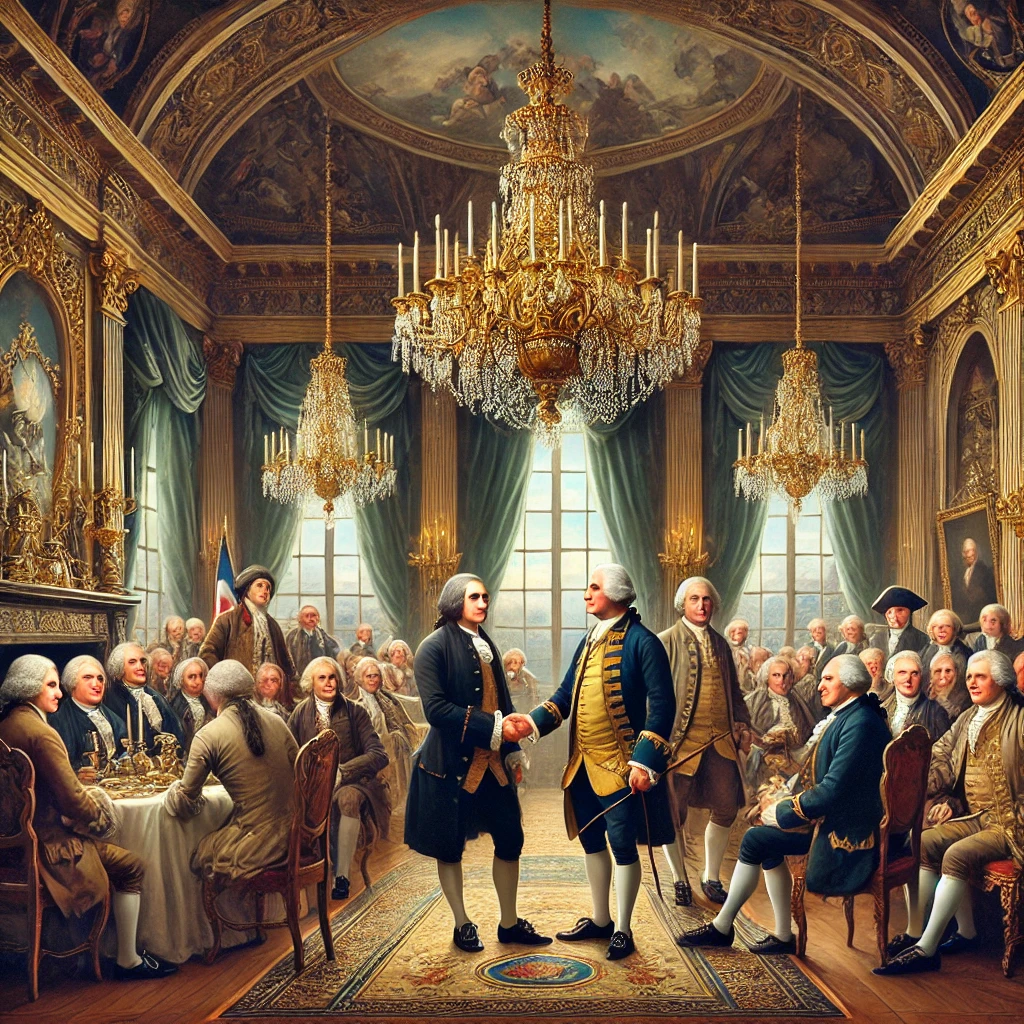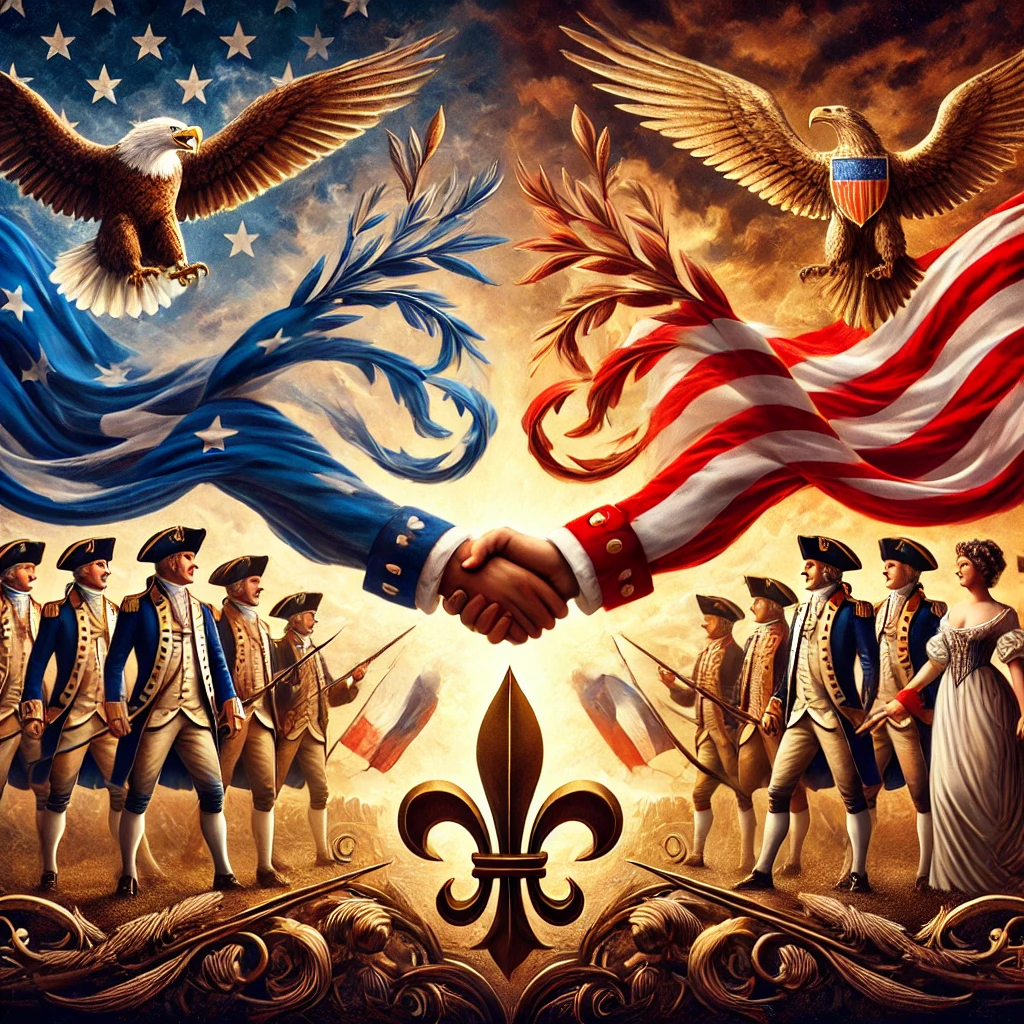A crucial moment in the American Revolutionary War occurred on December 17th, 1777, when France officially recognized the independence of the United States, offering vital support to the revolutionary cause. This monumental decision came after the American victory at the Battle of Saratoga, which demonstrated that the revolutionaries were capable of standing against the British. France’s recognition marked a turning point in the conflict, elevating it from a colonial rebellion to an international struggle.

France’s decision to recognize American independence was far from impulsive. For years, French leaders, including King Louis XVI and his advisors, had watched the growing tension between Britain and its American colonies. Their interest was driven not only by ideological sympathies with the revolutionaries but also by a strategic desire to weaken Britain, France’s long-standing rival. By formally acknowledging the United States, France positioned itself as a key player in reshaping the global balance of power.
The Role of the Treaty of Amity and Commerce
Recognition came in tandem with the signing of the Treaty of Amity and Commerce, a landmark agreement between France and the newly established United States. This treaty formalized economic and trade relations, ensuring mutual benefits for both nations. More significantly, it paved the way for the Treaty of Alliance, signed on February 6th, 1778, which committed France to military support for the American cause.
The Franco-American alliance drastically altered the Revolutionary War’s trajectory. French troops, naval forces, and financial aid provided the Americans with the resources and expertise needed to sustain their fight against Britain. Notable contributions included French involvement in the decisive Siege of Yorktown in 1781, where combined American and French forces secured the final victory over British troops.

A Ripple Effect on International Relations
France’s recognition of American independence had profound implications beyond the immediate context of the war. It encouraged other nations, such as Spain and the Dutch Republic, to lend their support to the American cause, further isolating Britain diplomatically and militarily. This international dimension underscored the interconnected nature of 18th-century geopolitics and set a precedent for global intervention in revolutionary movements.
Moreover, the French-American alliance inspired revolutionary sentiments within France itself. The ideals of liberty and self-governance championed by the American revolutionaries resonated deeply with segments of the French population, laying the ideological groundwork for the French Revolution a decade later. The eventual collapse of the French monarchy, however, demonstrated the complex interplay between supporting external revolutions and managing domestic stability.
Lasting Legacy of Franco-American Collaboration

The recognition of American independence by France remains a pivotal chapter in the histories of both nations. For the United States, it exemplified the importance of international diplomacy and alliances in achieving national objectives. The success of the Revolution reinforced the belief that oppressed peoples could secure their freedom with persistence and strategic partnerships.
For France, the decision to support the United States was both a triumph and a cautionary tale. While it helped weaken Britain and assert France’s influence on the world stage, the financial strain of supporting the American Revolution exacerbated France’s economic problems, contributing to the conditions that led to the French Revolution. Nonetheless, the alliance fostered enduring ties between the two nations, reflected in their shared values and cooperative endeavors in the centuries that followed.
